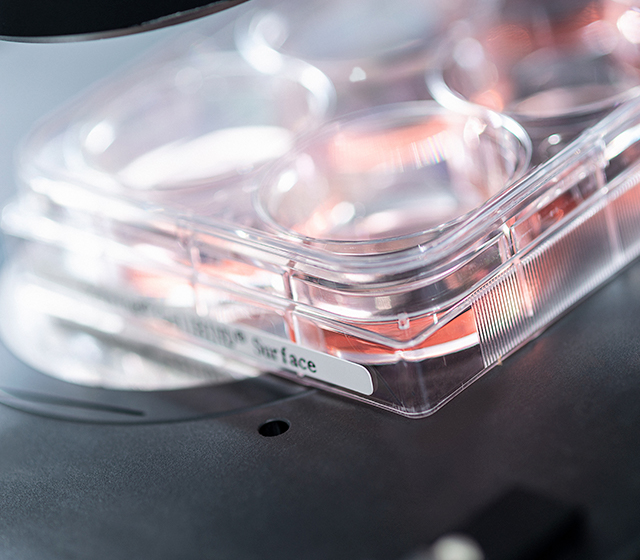Adrenocorticotropic Hormone (ACTH) Peptides
What is the Adrenocorticotropic hormone?
Adrenocorticotropic hormone (ACTH), also known as corticotropin, is a cleavage product from a larger precursor proopiomelanocortin (POMC).
This 39-amino acid peptide hormone is produced in the anterior pituitary gland upon stimulation by the corticotropin releasing hormone from the hypothalamus in response to stress.
It stimulates the secretion of steroid hormones, specifically glucocorticoids in the adrenal cortex by acting through a cell membrane receptor (ACTH-R). In mammals, the action of ACTH is limited to those areas of the adrenal cortex in which the glucocorticoid hormones cortisol (hydrocortisone) and corticosterone are formed.
ACTH has little control over the secretion of aldosterone, the other major steroid hormone from the adrenal cortex.
References
- Stewart, PM. et al. Clin. Endocrinol. 40, 199 (1994);
- Elias, LL. and AJ. Clark, Braz. J. Med. Biol. Res. 33, 1245 (2000);
- Latronico, AC. Braz. J. Med. Res. 33, 1249 (2000).
ACTH peptide fragments
ACTH (1-24) has the full biological activity of the (1-39) hormone. Both ACTH (1-24) and (1-39) possess neurotropic activity.
ACTH (1–17), and aMSH (a-Melanotropin), both derived from POMC (proopiomelanocortin) are involved in melanogenesis. However, ACTH (1-17) has been found to be more potent in melanogenesis in human melanocytes. Both ACTH (1-17) and aMSH also increase dendricity, and proliferation in follicular melanocytes.
Centrally administered N-terminal fragments of ACTH (1-10, 4-10, 4-9) display convulsant properties in rabbits.
ACTH (7-38), also known as Corticotropin-inhibiting peptide (CIP), acts as an antagonist of ACTH receptors. It does not have any corticosteroidogenic activity.
ACTH (18-39) is known as the Corticotropin-like Intermediate Lobe Peptide. It stimulates insulin secretion as well as amylase and protein secretion in a dose-dependent manner similar to those of secretin and carbamylcholine.
